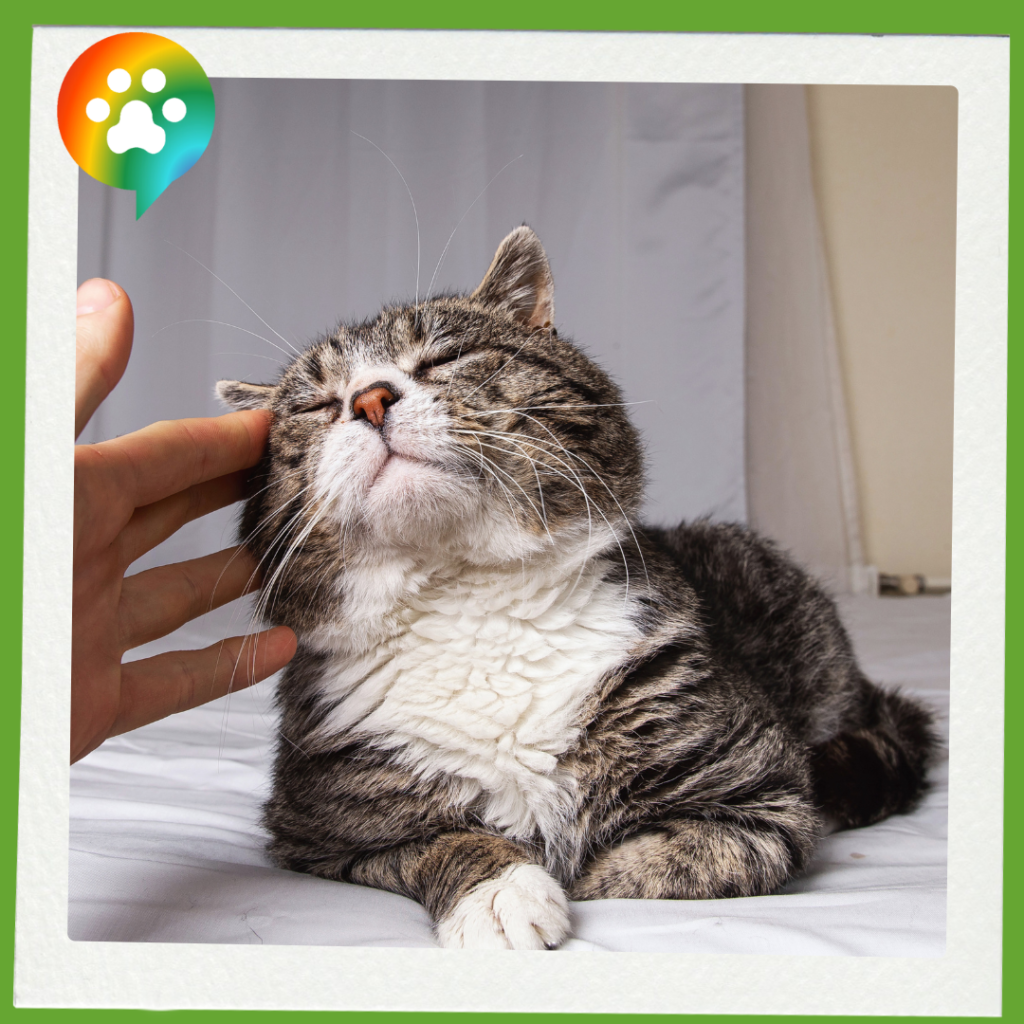Why Self-Care is Crucial for Pet Carers
Caring for a terminally ill pet is both an emotionally and physically demanding experience. This strain can lead to burnout, making self-care essential during this difficult period. Caregiver burnout often arises when individuals focus solely on their pet’s needs, neglecting their own wellbeing, which can lead to exhaustion and affect their ability to provide effective and compassionate care.

The emotional toll of witnessing a beloved pet’s decline is significant, with many caregivers experiencing grief, sadness, and even guilt, which can escalate into anxiety or depression. Acknowledging these feelings is an important step in managing emotional health. Self-care acts as a buffer against these stresses, building mental resilience and helping caregivers process emotions more effectively. A stable mental state is vital for making thoughtful decisions regarding the pet’s care, ensuring comfort for the pet while preserving the caregiver’s own wellbeing.
Additionally, the physical demands on caregivers can be overwhelming. Tasks like administering medication, preparing meals, and providing mobility assistance require energy and can lead to physical strain. Neglecting physical self-care can result in fatigue or other health issues, making it even harder to care for the pet. Maintaining physical health through regular exercise, proper nutrition, and adequate rest is beneficial for both the caregiver and their ability to provide effective support to their terminally ill pet.
Self-Care Tips for Supporting a Terminally Ill Pet
1. Set Boundaries for Time and Energy
Where possible, schedule specific times for your pet’s care, while preserving moments for personal care and relaxation. Clear boundaries help prevent burnout and allow you to remain attentive to your pet’s needs without becoming overwhelmed.
2. Seek Support from Others
Lean on family, friends, or pet care professionals if possible. Talking about your experiences with others who understand or have been through similar situations can be a great source of emotional relief and practical advice.

3. Create a Daily Routine with Moments for Self-Care
Integrate small, enjoyable activities into your day, such as reading, gardening, or taking a short walk. Physical activity, even light exercise, helps alleviate stress and improves mood. Alongside physical movement, giving yourself time for emotional processing is vital. Acknowledging your feelings can facilitate healing.
4. Practise Mindfulness Techniques
Ground yourself in moments of emotional turmoil with mindfulness practices such as meditation or deep breathing exercises. These techniques foster calm and can help you stay focused on both your needs and your pet’s during this challenging time.
Preparing for Grief as a Pet Carer
Caring for a terminally ill pet can evoke complex emotions, including grief. Recognising this grief as a natural response to the deep bond shared with your pet is crucial, as it allows for a healthier emotional journey without self-judgement.
Consider journaling or speaking with a counsellor for support. Writing about your experiences and feelings can be therapeutic, enabling you to process your emotions in a safe environment. This reflection can help articulate the depth of love felt for your pet, fostering emotional resilience. If journaling feels overwhelming, discussing your feelings with a mental health professional can provide valuable support and perspective.
As you prepare for the loss, consider ways to honour your pet’s life, such as creating a keepsake or organising a small tribute. Establishing a network of supportive friends, family, or other pet carers can provide understanding and a sense of community, helping you feel less isolated in your grief.
Practising Self-Compassion
Caring for a terminally ill pet is often accompanied by feelings of guilt, as you balance the emotional reality of the pet’s condition with your own needs. During this journey, it’s essential to practise self-compassion, recognising that your needs matter too.
Allowing yourself moments of rest, reflection, and joy doesn’t reduce your ability to support your pet. On the contrary, self-compassion replenishes your emotional reserves, enhancing the quality of care you provide. Cherishing small moments together, like sharing time outdoors or enjoying a quiet cuddle, can bring comfort to both you and your pet, intertwining joy with grief in a way that supports healing.
In essence, by caring for yourself, you are better equipped to provide love and support to your pet during this challenging period. Self-compassion reinforces your resilience, allowing you to be present for your pet in a meaningful and fulfilling way.


